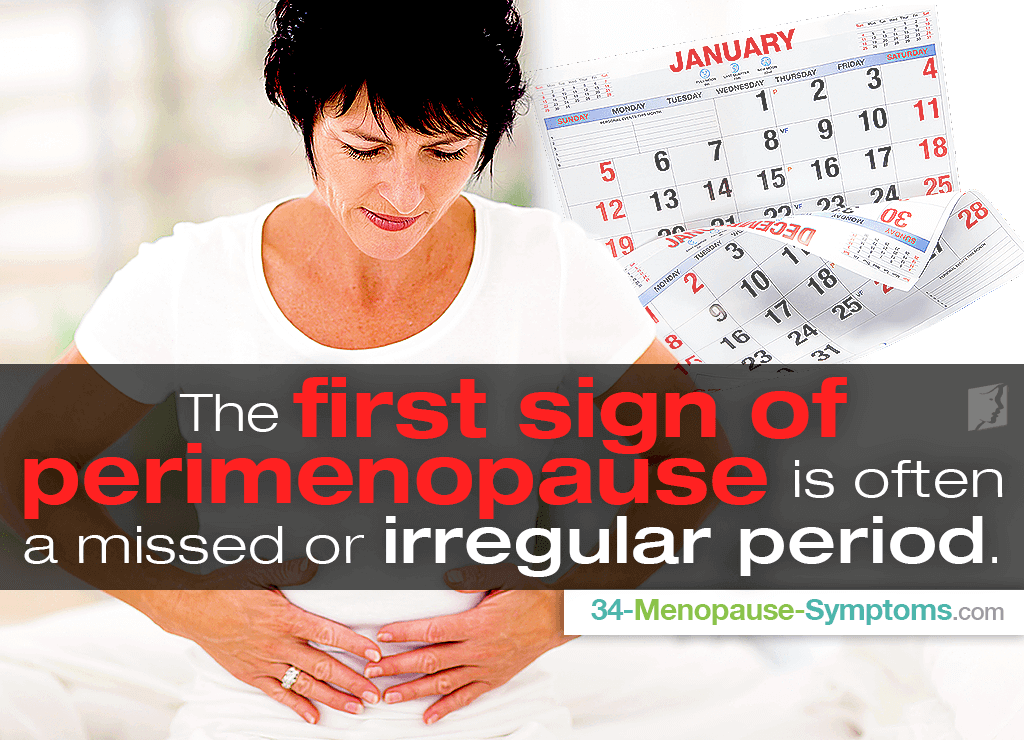The line between perimenopause and menopause is fuzzy for many women as most literature will use these terms interchangeably. However, by definition, a woman does not reach menopause until she has not had her period for 12 consecutive months. Before this time, she is in perimenopause.
Read on to learn more about how can you tell if you are perimenopausal and various accompanying symptoms to increase your knowledge about this important life stage.
The Basics of Perimenopause
During perimenopause, the ovaries slow down production of essential reproductive hormones, like progesterone and estrogen. These hormones influence nearly every cell, organ, and function in the body, from menstruation and mood to body temperature and bone health. While a woman could get pregnant during perimenopause, it becomes less and less likely with each passing year.
This diminished production of necessary reproductive hormones can cause a range of uncomfortable physical and emotional symptoms for women. Continue reading to learn more.
The First Sign of Perimenopause: Irregular Periods
Because the menopause life transition is marked by cessation of the menstrual cycle, the first sign of perimenopause is often a missed or irregular period.
A "regular" period happens every 21 - 35 days. Progesterone and estrogen work in tandem to regulate the cycle; thus, when the production of these hormones slows during perimenopause, it may cause women to have irregular or missed periods.
Other Symptoms to Watch for during Perimenopause
Perimenopause may cause an onslaught of symptoms. Aside from irregular periods, the most frequently reported symptoms are:
Hot flashes and night sweats
Hormones, specifically estrogen, help regulate body temperature. Therefore, diminished production often causes internal temperature deregulations, such as hot flashes and night sweats, its nocturnal equivalent.
Mood swings
Progesterone and estrogen are thought to influence mood through their interaction with the neurotransmitter serotonin. Reduction in these hormones can greatly affect the stability of a woman's mood.
Vaginal dryness
Diminished estrogen production causes vaginal tissues to become thinner, drier, and less elastic, leading to vaginal atrophy and dyspareunia, the medical term for painful intercourse.
Loss of libido
Low levels of estrogen, progesterone, and testosterone in the female body may leave a woman feeling sluggish, undesirable, and sexually frustrated.
Unfortunately for many women, the symptoms listed above are just the tip of the iceberg. There are 34 reported perimenopause symptoms in total, ranging from memory lapses and dizziness to hair loss and joint pain. The more you know about what to expect throughout this transition, the better prepared you'll be to take the appropriate measures and seek suitable treatment.
Sources
- Love, S. (2003). Menopause and Hormone Book. New York: Three Rivers Press.
- U.S. Department of Health & Human Services: Office on Women's Health. (2018). Menopause basics. Retrieved October 26, 2018, from https://www.womenshealth.gov/menopause/menopause-basics#3




